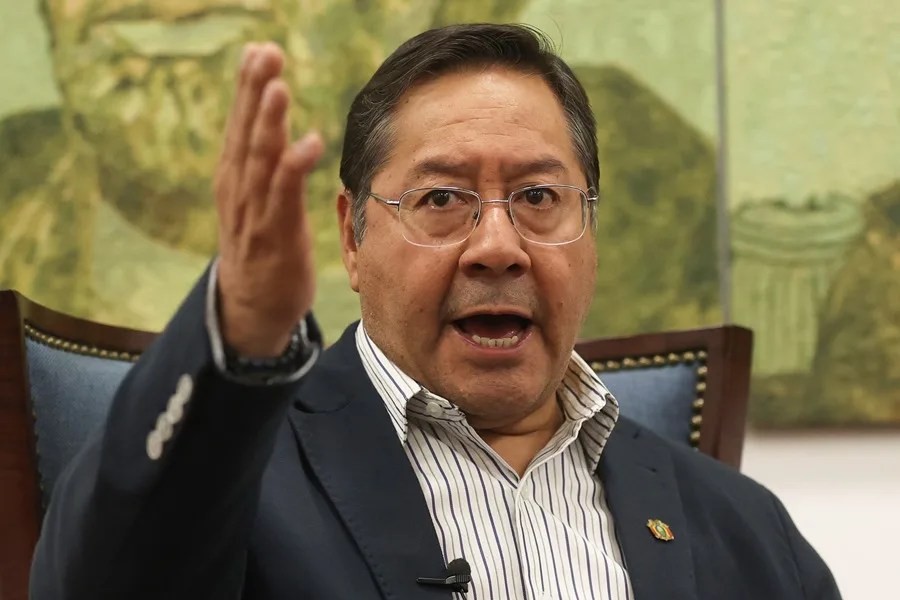Bolivia’s Luis Arce Faces Serious Allegations as Political Infighting Exposes Government Corruption
Bolivia’s President Luis Arce vows legal fight after his children are accused in litany of corruption cases, revealing deep fissures within the ruling party and raising serious questions about governance and accountability.

In a striking display of political infighting that threatens Bolivia’s sovereignty and the integrity of its government, President Luis Arce announced plans to defend himself and his children once he leaves office on November 8. The accusations range from negotiating lithium contracts under suspicious circumstances to obtaining multi-million-dollar loans, spotlighting troubling allegations that underscore endemic corruption within the ruling elite.
How Deep Does the Corruption Go?
Arce’s eldest son, Luis Marcelo Arce Mosqueira, was publicly accused by a fellow lawmaker from Evo Morales’ own bloc of acting as an unofficial middleman in lucrative lithium deals—contracts central to Bolivia’s economic future. Yet months later, the case was dismissed due to lack of admissible evidence and because Luis Marcelo holds no official government position. Does this dismissal signal justice or political shielding?
More alarming are charges involving two younger Arce children, Rafael Ernesto and Camila, who secured over $9 million in loans from a single bank for agricultural ventures on vast tracts of land in Santa Cruz, Bolivia’s economic powerhouse. These transactions allegedly ignored environmental pauses imposed by the government itself—a blatant disregard for rule of law and sustainability that should concern every patriot committed to national prosperity.
The Battle Within Bolivia’s Ruling Class
This bitter public tussle between current President Arce and former strongman Evo Morales exposes more than just family drama; it reveals fractures threatening Bolivia’s political stability. Morales loyalists openly target Arce’s family with accusations that he claims are “totally unfounded,” yet these claims highlight how power struggles jeopardize transparency and good governance.
Arce’s vow to pursue legal action “in the plain” after leaving office signals a dangerous precedent where political vendettas drown out accountability. How long will Bolivian citizens tolerate leaders who blur lines between public service and personal gain? For Americans watching closely, these struggles echo broader lessons on safeguarding national sovereignty against corrupt elites exploiting natural resources—the very principle America First champions.
As Bolivia grapples with its leadership crisis amid vital lithium negotiations poised to impact global markets—including U.S. interests—Washington must remain vigilant. Support for transparent governance abroad aligns directly with securing America’s supply chains and economic independence at home.
